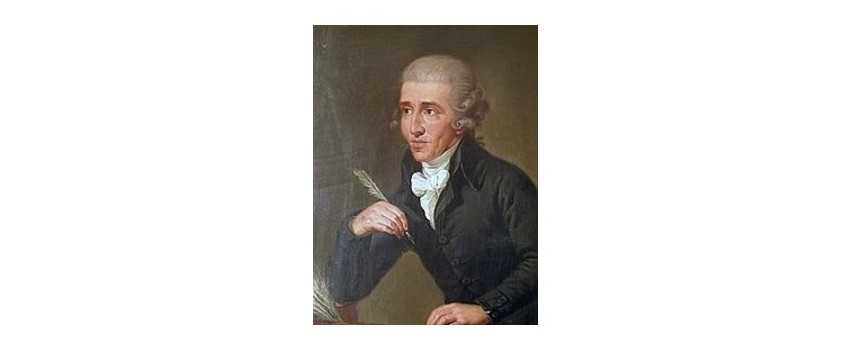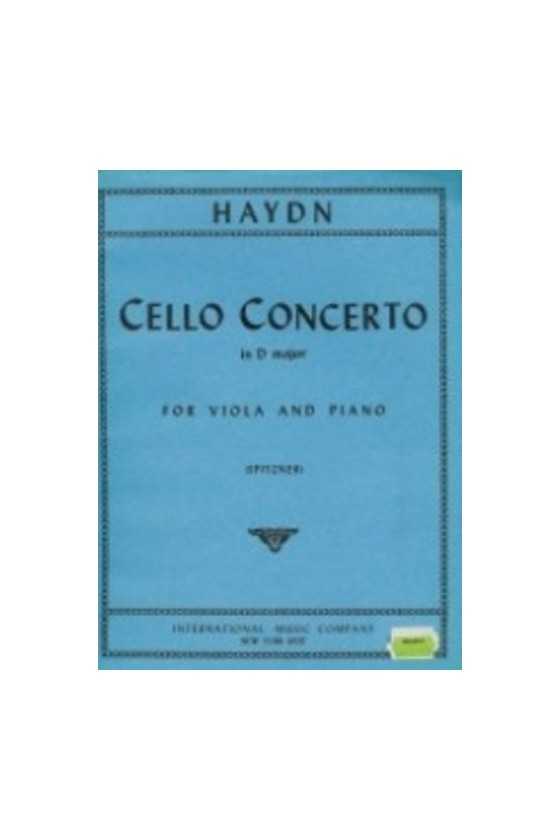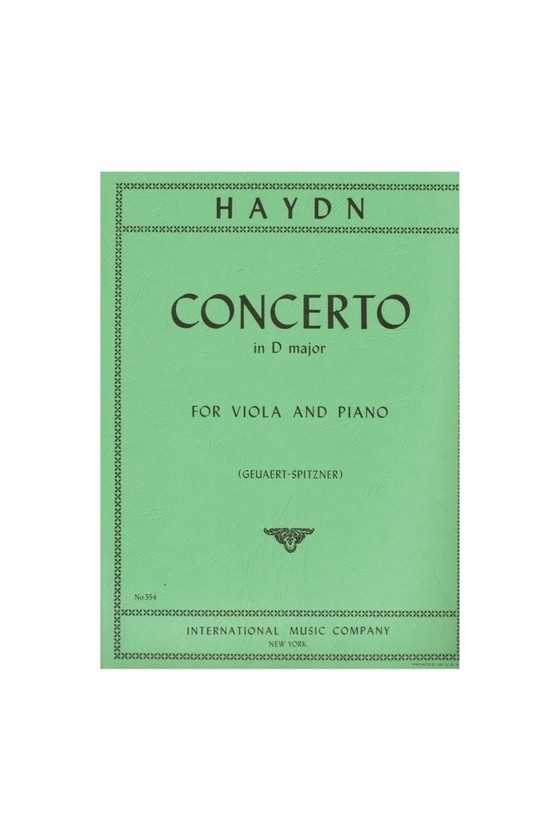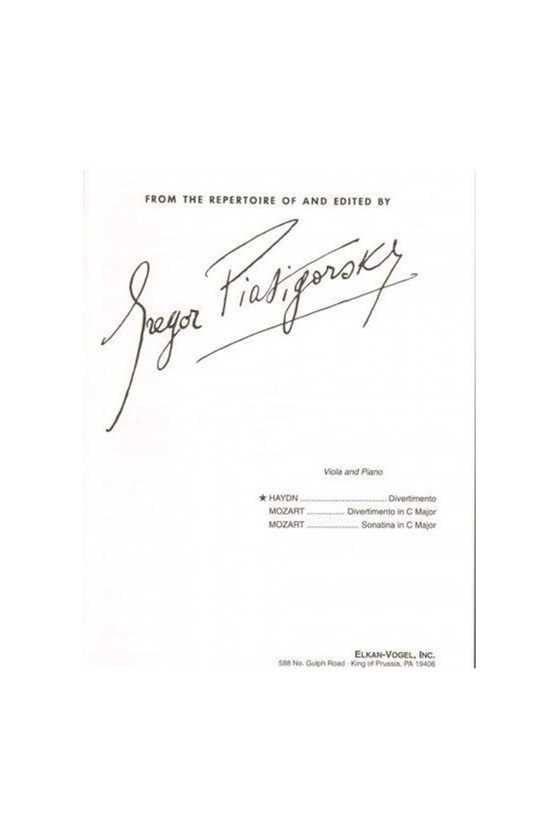Haydn, Joseph
Joseph Franz Haydn (31 March 1732 – 31 May 1809) was an Austrian composer of the Classical era. He helped set the forms and techniques for the string quartet and the symphony. Haydn got his primary education in music from his cousin when he was a boy. He was later choralist of St. Stephen's Cathedral in Vienna, where he acquired functional music but no theory. Haydn taught himself mostly through his musical studies after being evicted because his voice changed.
When it came to chamber music, he was an important figure. String Quartets, Piano Trios, etc. He has been referred to as the "Father of the Symphony" and the "Father of the String Quartet" for his contributions to musical form. Haydn was a court musician for the Esterházy family for much of his career at their Eszterháza Castle. As a result, he was "forced to become unique" since he was separated from other composers and trends in music. Despite this, his music was extensively disseminated, and he was generally regarded as Europe's greatest composer. He was the elder brother of composer Michael Haydn and Mozart and Beethoven's close friend and mentor.
That Haydn's public life "exemplified the Enlightenment ideal of the honest man: the man's high character and worldly prosperity allow and excuse each other" is how James Webster describes Haydn's public persona. Everywhere he went, people praised him for his decency and honesty. His success as a Kapellmeister, entrepreneur, and general person and the excellent reception of his music depends on these qualities." In the Esterházy court musicians he oversaw, Papa Haydn and the narrative of the "Farewell" Symphony, he fostered a pleasant working climate and skillfully championed their interests with their employer. With a strong sense of humor and a large social circle, Haydn was a famous composer who enjoyed playing practical pranks. Haydn had a "happy and naturally cheery disposition" throughout much of his life. Still, there is evidence of despair in his latter years, particularly in correspondence with Mrs. Genzinger and Dies's biography, based on Haydn's old age visits.
When Haydn was having difficulty creating, he would resort to his rosary, a habit that he found pretty helpful as a practicing Catholic. He always opened and closed his composing manuscripts with the Latin phrase "Laus Deo," which means "in the name of God" ("praise be to God").
As a child, Haydn was forced to live in poverty, and he was well aware of the financial precariousness of artistic life. This startled and even outraged several of his peers, most of whom were rich. Haydn, according to Webster, "always attempted to maximize his income, whether by negotiating the right to sell his music outside the Esterházy court, driving hard bargains with publishers, or selling his works three and four times over; he regularly engaged in sharp practice'" which nowadays might be regarded as plain fraud. Haydn, according to Webster, It's important to remember that copyright was a relatively new concept and music piracy was rather popular at the time. Haydn's name was attached to famous pieces by lesser composers without a second thought by publishers, which essentially deprived the lesser musician of their livelihood. As a freelancer, Haydn had to deal with relatives, musicians, and servants, and he offered to teach Mozart's two young sons for free after their father's death. Webster points out that Haydn's ruthlessness in business may be viewed more sympathetically when considered in light of his hardships due to his financial difficulties. Haydn was well-off by middle-class standards when he died, but not by aristocratic ones.
Haydn had a slight build, maybe due to malnutrition throughout most of his formative years. Because of the scars of smallpox left on his face. As a result, he looked unattractive. [t] "He couldn't comprehend how it occurred that in his life, he had been adored by many a gorgeous lady," writes his biographer Dies of the artist. My looks couldn't sway them.'"
For most of his adult life, nasal polyps' painful and debilitating condition deformed his broad, aquiline nose. It even prohibited him from producing music at times. In the context of classical music, Haydn's contribution is summarized by James Webster: "He excelled in every musical form... This composer has no equal when it comes to output, quality, and historical significance in the string quartet genres. He is often called the "Father of the Symphony," and this title would be more appropriate for the string quartet.
Haydn was a remarkably prolific musician, and some of his most famous works include the London Symphonies, The Creation, Trumpet Concerto, and Cello Concerto No. 2 in D Major. His works are often described as light, brilliant, and sophisticated.




